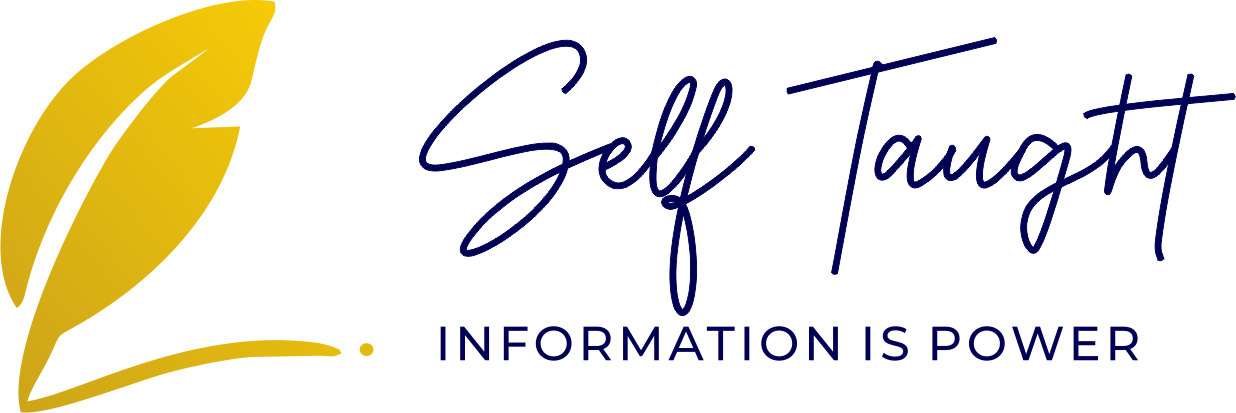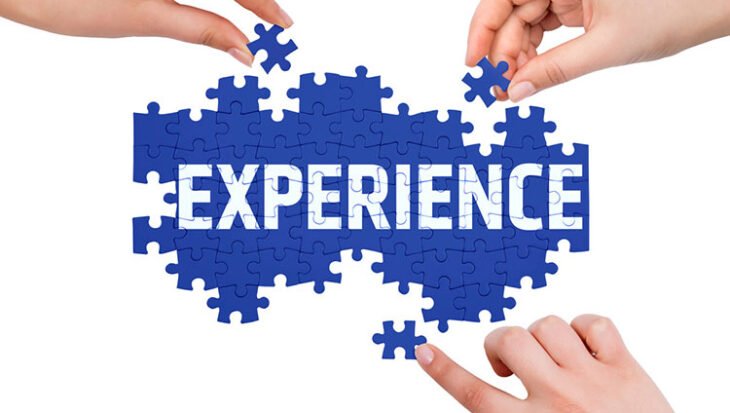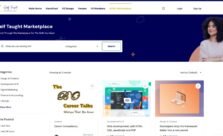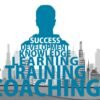Ever wonder how some people just seem to breeze through life, conquering challenge after challenge? Chances are, they’ve got experience on their side. Experience gives you an edge that nothing else can. It teaches you lessons, shows you shortcuts, and helps you avoid mistakes. The good news is that anyone can gain experience with time and intentionality. The even better news is you can accelerate the process by actively seeking out new opportunities to learn and grow. Experience shapes who you are and determines how far you’ll go. So, how do you get experience, and why do you need it? Read on to find out.
Pursue Internships and Entry-Level Jobs
Internships and entry-level jobs are the best ways to gain real-world experience. Apply for internships in fields you’re interested in to determine if it’s your right career path. Look for paid internships if possible, but don’t rule out unpaid ones. The experience you’ll gain is invaluable.
Entry-level jobs, like assistant positions, are ideal for getting your foot in the door at a company you’re keen on. You may start with administrative tasks but express your interest in more responsibility. With time and dedication, you’ll take on more advanced work and open up opportunities for advancement.
Build Your Network
An internship or entry-level role allows you to connect with people currently in roles you aspire to. Build relationships with colleagues and managers and keep in touch even after the position ends. They can become part of your professional network and may recommend or refer you for jobs down the road.
Develop Valuable Skills
Whether you intern with a tech startup or a law firm, you’ll build skills that translate across jobs and industries. Things like communication, critical thinking, and time management are highly sought after by employers. Technical skills, like using software relevant to your field, are also a huge asset. The more skills and proficiencies you develop, the more valuable you become to any organization.
Boost Your Resume
Nothing strengthens a resume like a real experience. Internships and entry-level jobs demonstrate your ability to apply knowledge in a workplace setting. They illustrate your growth potential and highlight skills you can leverage for your next, more advanced position. With a couple of roles under your belt, you’ll stand out to hiring managers reviewing candidates with little to no experience.
In summary, experience is essential—and the benefits of gaining it through internships and entry-level jobs are endless. Pursue these opportunities proactively and make the most of them. The investment in experience will pay off exponentially in your career.
Volunteer Your Time
Volunteering your time is one of the best ways to gain valuable experience. Take it from someone who spent years volunteering for various organizations – the rewards are endless.
For starters, you can explore your interests and passions. If you’ve always wanted to work with animals, volunteer at an animal shelter. Interested in healthcare? Volunteer at a hospital or clinic. The options are vast.
Volunteering also allows you to develop new skills. You may organize fundraisers, lead projects, train new volunteers, and more as a volunteer. All of this help build skills that translate to any job.
You’ll meet interesting people and build new relationships. The connections you make volunteering can lead to mentorship opportunities, job openings, references, and lifelong friendships.
Finally, volunteering gives you a chance to give back to causes you care about. Whether it’s helping underprivileged youth, cleaning up parks, or serving meals at a food bank, you can make a real impact in your community.
The key is to start small and be proactive. Contact local organizations and ask how you can help. Even donating just a few hours a week can go a long way. Over time, take on additional responsibilities as you gain experience. The rewards of volunteering are endless, so make the time to give back. Your community and resume will thank you!
Learn Through Mentorship
A great way to gain valuable experience in your field is through mentorship. Seeking out a mentor is one of the best career moves you can make. Here are some of the key benefits of mentorship:
- Gain insight into your industry. An experienced mentor can look inside your industry and help you better understand the landscape. They can advise you on trends, challenges, and opportunities.
- Get career guidance. Talking to a mentor about their career path and experiences can help you make more informed decisions about your own career. They can guide important moves to make and pitfalls to avoid.
- Develop new skills. Mentors can help you strengthen your existing skills and pick up new ones through their advice and coaching. Work with your mentor on skills that will benefit your career growth.
- Build your confidence. Having the support and encouragement of a mentor can do wonders for your self-confidence in the workplace. Their belief in you and your abilities can motivate you to push yourself outside your comfort zone.
- Expand your network. Mentors can connect you with key people in their network, opening up more opportunities for collaboration, job openings, and new mentors. Nurture these new connections to keep expanding your circle.
So how do you find a great mentor?
- Look within your company or industry. Approach someone with experience you admire and respect. Express your interest in learning from them, and ask if they would consider an informal mentorship.
- Check with former bosses or professors. Someone who previously supervised you may be willing to continue in an unofficial mentoring role. They are already familiar with your work and would have valuable advice.
- Search online platforms. Websites like MentorcliQ, Mentorloop, and MentorJet allow you to connect with mentors in your area of interest. You can view profiles, read reviews from their other mentees, and request a mentoring partnership.
- Network. Put the word in your network that you’re looking for a mentor. Talk to people at industry events, or connect with new people on LinkedIn. Let them know the areas you’re looking to develop and the type of guidance you need. Someone may know of a mentor who could be a great match.
The key is to be proactive and open to learning. Mentorship can hugely impact your career, so try to find a mentor to support you. Experience comes with time, but a mentor can help make the learning process far more insightful and rewarding.
Continuously Practice Your Craft
Continuous practice is key to becoming highly skilled in any craft or profession. Simply learning the basics will only take you so far. Expertise comes from repetition and experience.
Seek Out Opportunities for Experience
Look for chances to gain experience in your field at every turn. Apply for internships, mentorships, or apprenticeships. Volunteer to take on more responsibility in your current role. Start a side project to build up your skills.
The more experience you get, the more proficient and confident you will become. Experience breeds wisdom and good judgment that you can’t gain from books alone. With regular practice, your skills and abilities will become second nature.
Reflect on Your Experiences
Take time to review how things went after completing a task or project. Look for ways you can improve for next time. Ask others for feedback as well. Reflection is how experience translates into learning.
Some questions to ask yourself:
- What went well? Why was it effective?
- What didn’t go as planned? How can I avoid or mitigate those issues in the future?
- What did I learn? How will I apply these lessons going forward?
By continuously practicing self-reflection, you can accelerate your learning and growth. Turn every experience, good or bad, into an opportunity to better your craft.
Stay Up-to-Date with Advancements
The world is constantly changing, so the skills and knowledge required for your profession will also evolve over time. Make a habit of staying up-to-date with new tools, techniques, and best practices. Take additional courses or pursue new certifications to strengthen your expertise.
Experience may be the best teacher, but it needs to be coupled with a commitment to continuous learning and improvement. Keep an open and curious mindset, and never stop enhancing your abilities. With enough dedication and practice over time, you can achieve a high level of mastery in your craft.
Conclusion
Experience is one of the most valuable assets in life. While you can’t go back in time, you can start gaining valuable experience today. Take new opportunities when they come up, learn as much as you can from them, and apply those lessons to your next challenges. Experience gives you confidence in your abilities, helps you navigate uncertainty, and allows you to achieve more than you ever thought possible. So get out there – take chances, make mistakes, learn from them, and grow. Experience isn’t something you get overnight, but if you pursue it deliberately, day after day, you’ll develop wisdom and skills that will serve you well for years. The journey is long, but the experience makes it exciting.













Leaping Forward: How to Manage Changing Jobs Successfully
October 4, 2023[…] To figure out what really motivates you for a career change, do some self-reflection through self-taught learning. […]